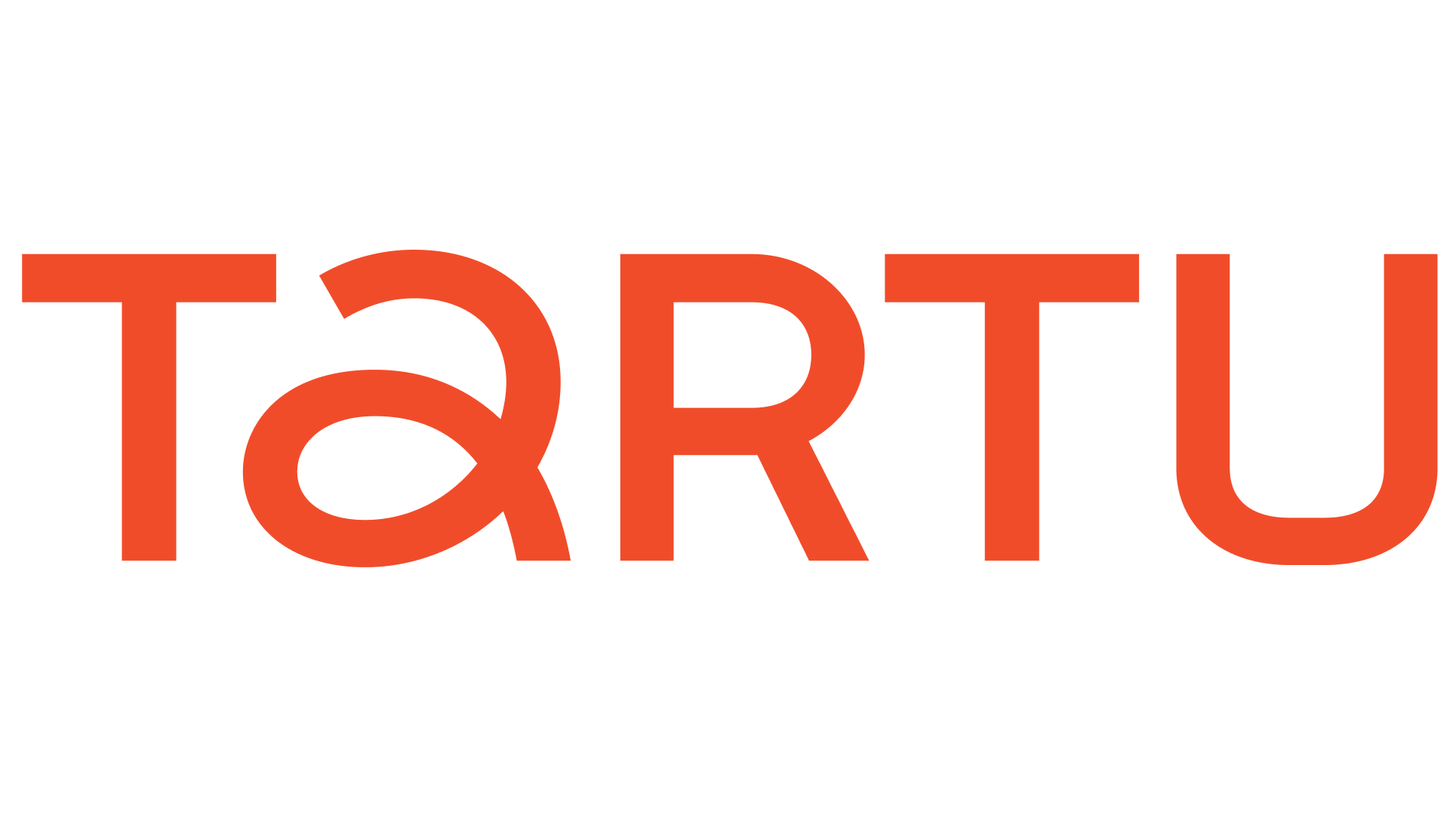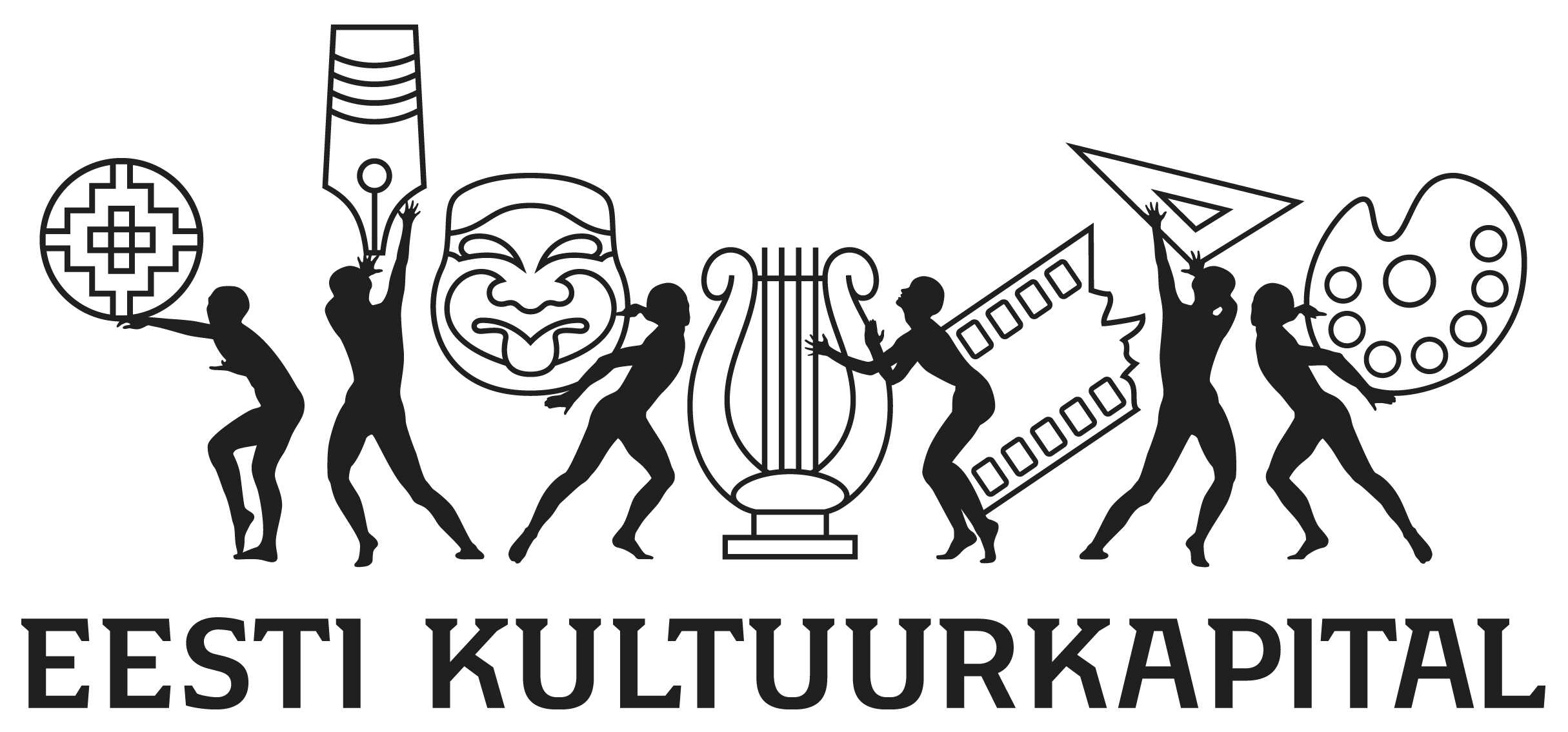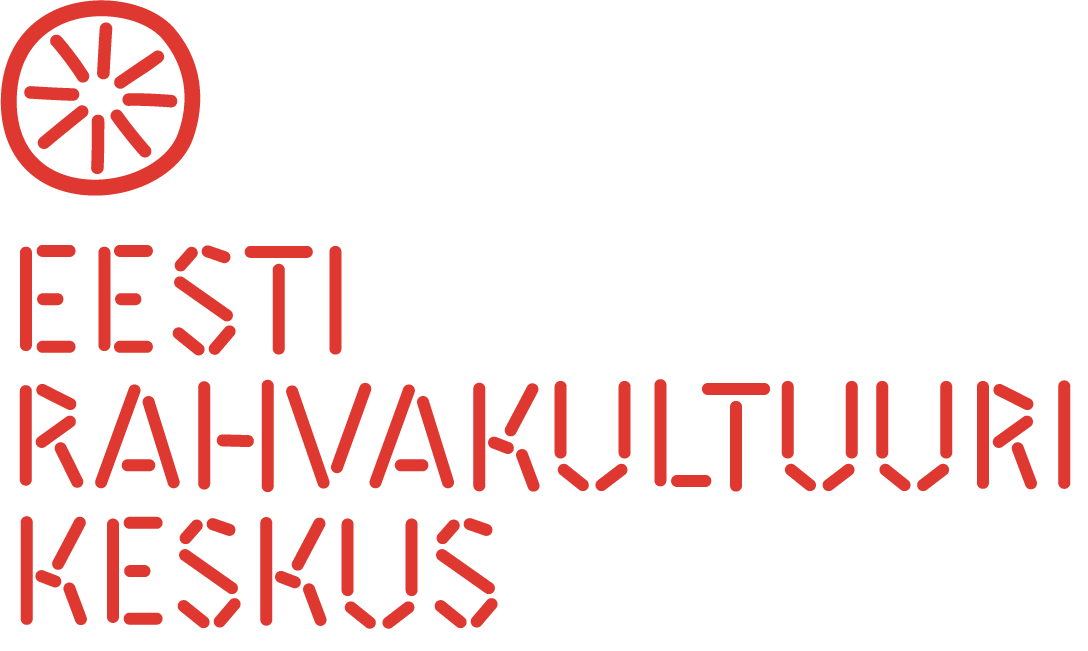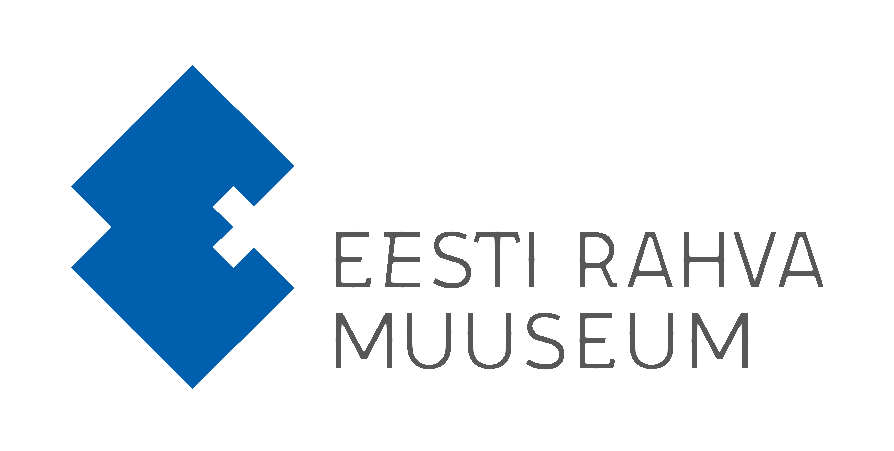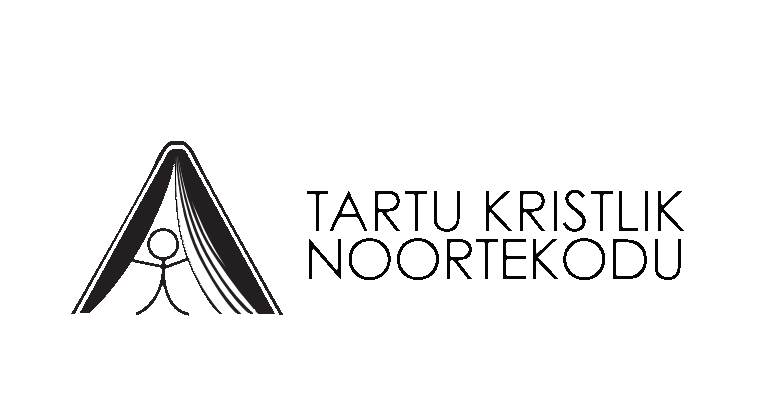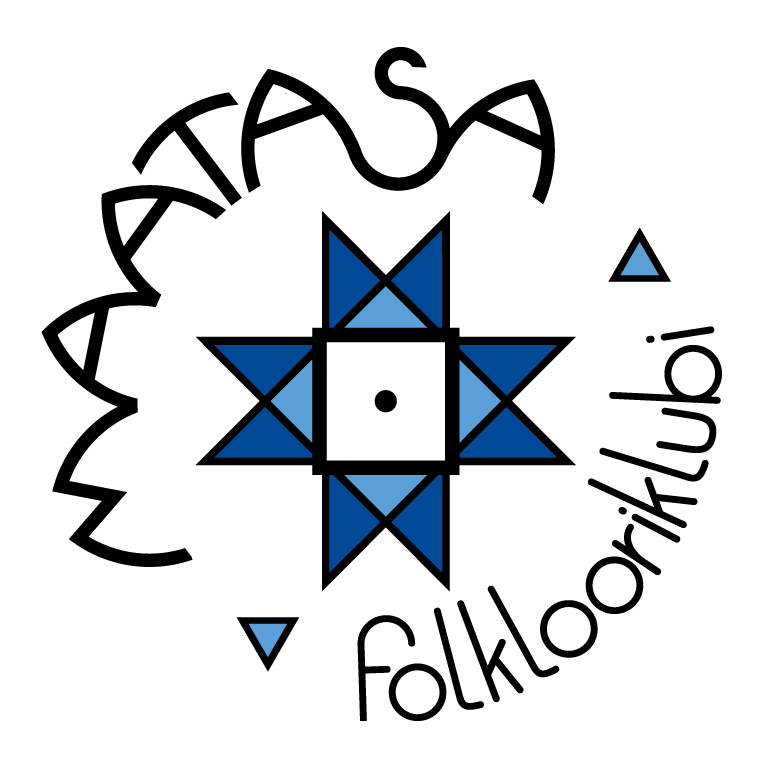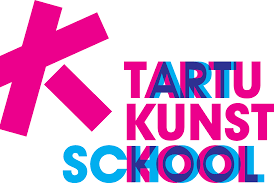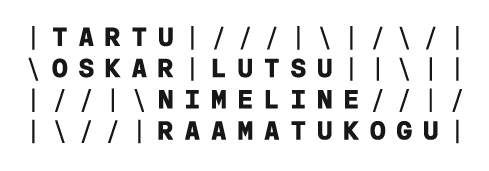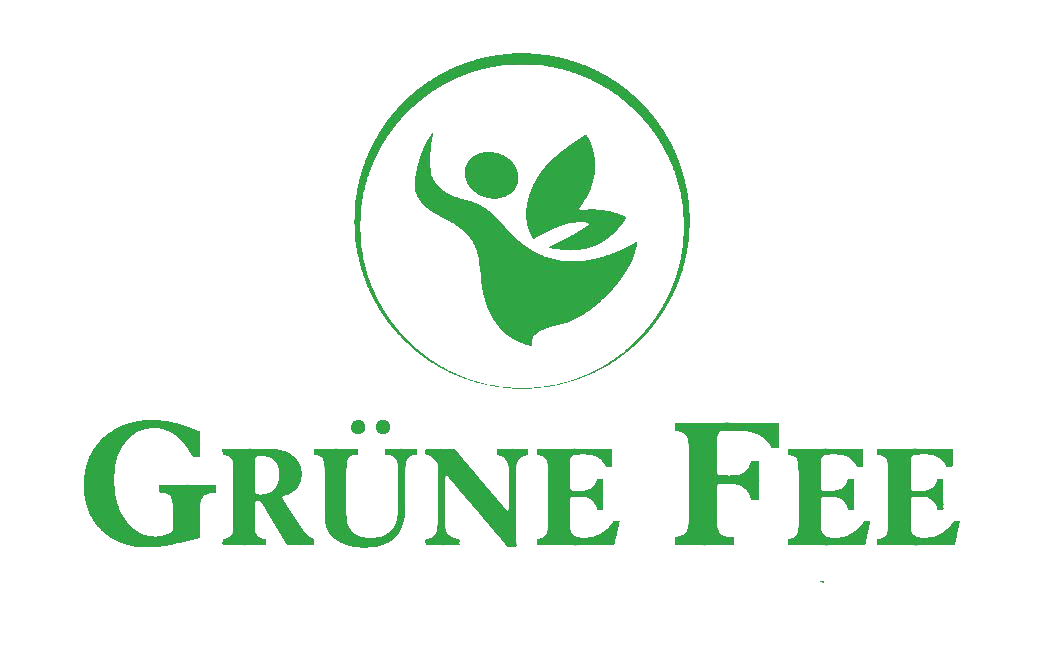X TARTU FOLK


The final concert on the 16th of November at the Estonian National Museum
BUY TICKETS FROM FIENTA HERE
Facebook here
Festival event here
Tartu Folk is a folklore festival dedicated to creating bonds between different Tartu and European folklore groups and sharing local culture with one another and with the audience. The festival will host concerts, dance workshops and music workshops. The aim of the festival is to strengthen the local community, bringing together folk musicians, instrument clubs, and folk dance groups active in Tartu and Tartu County.
Tartu Folk toimub 2025. aastal 10. kord. Tänavused peaesinejad on Teikas Muzikanti (Läti), Ratilio (Leedu) ja Philochoros & V-Dala spelmanslag (Rootsi). Pakri saarte pärimust tutvustavad Leesikad ning udmurdi kultuuripildi toob publikuni Tartus elavate udmurtide ansambel Jumšan Gur. Tartumaa ja Lõuna-Eesti pärimust vahendab korraldajarühm folklooriklubi Maatasa.
The main concerts will take place over two days:
15th of November, 16.00 – Folk Celebration at Vanemuine The Folk Celebration at Vanemuine will begin with a gala concert, where the main performers of the festival will be joined by various local dance ensembles: Alumi group of Härmatis, Dance club Pikne, Tantsutallad, Tarbatu, Triskel, and The Folk Dance Society of Tartu University. Alongside a cup of tea, music will be performed by Regina Mänd, Karmoškaässad, Õed-vennad Ristikheinad Vähendatud Koosseisus, and others. The midnight ethnic disco will be kicked off by Kaarel Kuusk.
16th of November, 12.00 – Final Concert at the Estonian National Museum Veebisaate formaadis kontserti ilmestavad meeleolukad videoklipid peaesinejate kodupaikadest ja kultuuritaustadest. Eesti Raamatu Aasta puhul on fookuses ka rahvaeeposed ja lugulaulud, mida vahendavad lõbusas vormis kontserdijuhid Kaarel Pogga (Teater Vanemuine) ja Tuule Pihlap (Folklooriklubi Maatasa).
Tartu Folk is a big community celebration!
Esimest kord toimuvad Tartu Folgil kogukonnapeod. Tegu on uuendusega folgiprogrammis. Sisuliselt on tegu külapidudega, kus on koos ühe valla inimesed. Külla tulevad festivali külalisrühmad, tuues külakostiks oma küla laulud ja lood. Festivali kogukonnapeod toimuvad Tartus Tiigi Seltsimajas, Luunjas ja Võnnus. Festivali põhipäev – laupäev – kulgeb Vanemuise kontserdimajas ja koondab samamoodi Tartu koosseise ehk siis kõik kokku ongi üks suur kogukonnapidu.
The festival brings into focus the Year of the Estonian Book
Kultuuriministeeriumi poolt välja kuulutatud Eesti Raamatu Aasta viib festivalikülastaja tänavu Linnaraamatukokku, kus toimuvad festivali kuupäevadel toredad muinasjututunnid. Festival lõppkontsert toimub Eesti Rahva Muuseumi silla-alal. Veebisaatena üles ehitatud kontserti ilmestavad meeleolukad vaheklipid peaesinejatest ning nende kodukandi eripäradest. Pärimusfestivali Tartu Folk lõppkontsert kantakse otse-eetris üle festivali Youtube’i kanalil. Kontserti juhivad Tuule Pihlap (Folklooriklubi Maatasa) ja Kaarel Pogga (Teater Vanemuine).
Tartu Folk is a community-oriented festival where anyone can participate, regardless of age or skill. We invite everyone to experience the festival’s wide variety of ensembles and enjoy its rich cultural heritage.
Photos of the festival in 2024. Photographer: Peeter Paaver
The first festival organised by Folklore Club Maatasa took place in 2016, intending to connect and bond with other communities of youth specializing in authentic folklore. Back then, the festival was named Tartu Youth Folklore Festival. In 2020, however, it was impossible to organise a live event due to COVID restrictions. Hence, an alternative solution was brought to life – an international competitive web show called Tartu Folk-Off, which garnered much attention. Once COVID restrictions were cancelled, the organisers combined the concepts of a web show and live festival into one, creating what we now know as Tartu Folk.
The Festival Tartu Folk will take place in November, a time of spirits, during which the connection between us and our ancestors’ songs, tunes, and dances is vital and valuable. This festival will bring light and warmth to our hearts during the darkest time of the year. The main keywords and symbols of the festival are: fire, youth, connection between generations, ancestral heritage.

